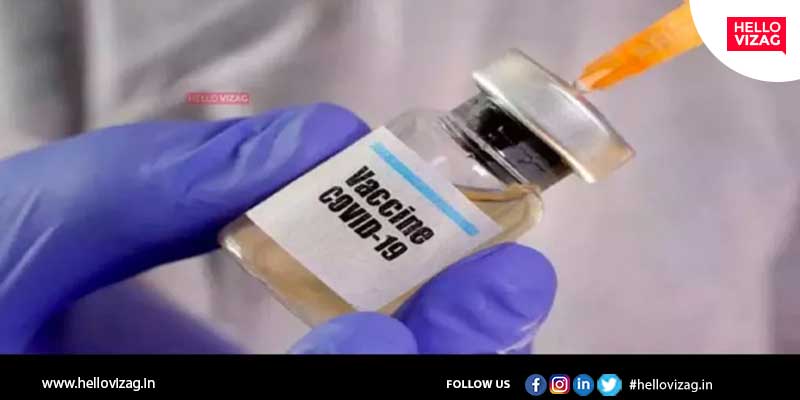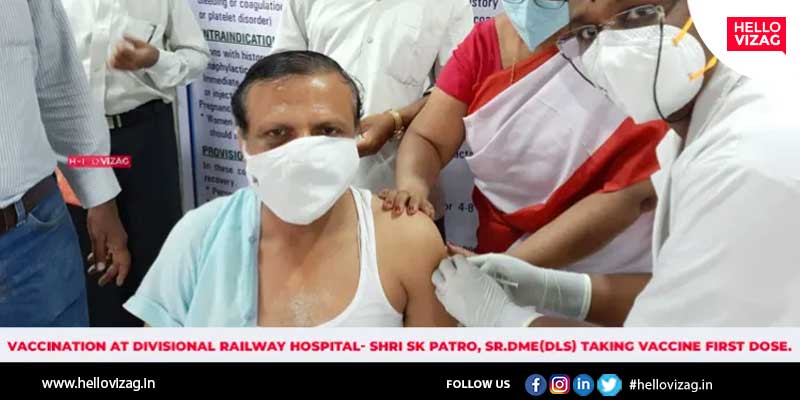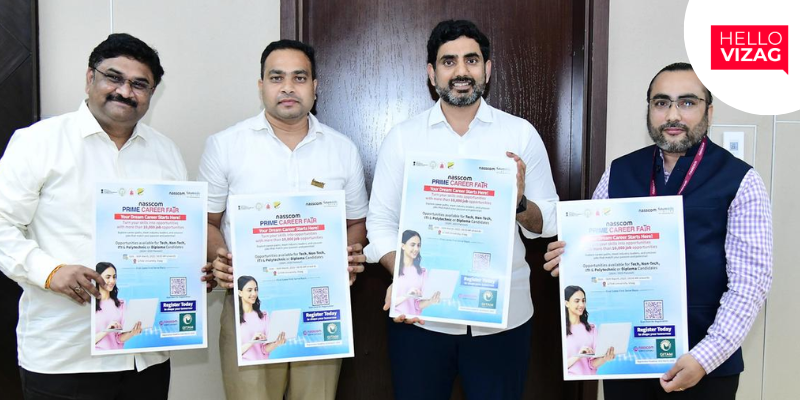Busting 7 myths about Covid-19 Vaccines
Health experts have said that a COVID-19 vaccine is pretty much the only way life will get back to a pre-pandemic “normal,” whatever that means. But like so many other things about the pandemic, the very concept of a vaccine has attracted myths, misconceptions, skepticism, and outright rejection. Whether you’re trying to convince your vaccine-skeptical sister that the COVID-19 vaccine will be safe, or trying to manage the expectations of your BFF who thinks “it’ll just make coronavirus disappear,” it’s good to know all the facts about COVID-19 vaccines — and how to bust the myths.
Speaking to Hello Vizag, AIIMS Director Dr. Randeep Guleria said “there is a lot of information out there about a vaccine for COVID-19, but not all of it is correct. When coronavirus vaccines debut in late 2020 and early 2021, they’ll join a host of vaccines that have saved millions of lives, and attracted their fair share of misconceptions. Vaccines have saved thousands upon thousands of lives over the years, and have prevented severe disease and disabilities like polio, hepatitis, and meningitis”. And this time also, Covid-19 vaccine may be our greatest hope to save lives and return to normalcy.”
Here are some common misconceptions about Covid-19 vaccines busts by Dr. Randeep Guleria
Myth No.1: Vaccination is mandatory
Well, the vaccine for Covid-19 is voluntary. However, if you ask me, I think it is advisable to take the complete vaccine schedule as far as Cpvid-19 is concerned because we want to protect ourselves and also protect our near and dear ones, our close contacts, our family members, and our co-workers.
Myth No.2: The vaccines are unsafe
The vaccine will be introduced in the country only after regulatory bodies clear it, I think safety is the most important factor and all standard precautions, as have been followed in the past, for giving vaccine approval, will be followed as far as this vaccine is concerned.
Myth No.3: Active Covid patients need vaccinations
A person with active and symptomatic Covid-19 infection may increase the risk of spreading the same to others at the vaccination site. Also, we do not know how effective the vaccine will be in such a situation when one is already having an active infection. For this reason, I believe that active and symptomatic individuals should defer vaccination for at least 14 days after the symptoms have resolved.
Myth No.4: Covid patients don’t need vaccines after recovery
Yes, it is advisable to receive the complete schedule of the Covid-19 vaccine irrespective of the past history of infection with Covid-19. This will help you to develop a better immune response against the disease.
Myth No.5: The vaccines are unsafe for cancer patients and diabetics.
I think it’s very important that these individuals who are having one or more of these co-morbid conditions take the vaccine because they are actually high-risk groups. They must take the Cpovid-19 vaccine to protect themselves and it is important for them to understand that their medications will not interfere with the vaccine efficacy.
Myth No.6: The Vaccines have side-effects
The vaccine will be introduced only when safety is proven. As is true for other vaccines, we will have some degree of common side-effects in some individuals. And these could be in the form of mild fever, pain at the site of injection, body aches, etc. States have been asked to start making arrangements to deal with any Covid-19 vaccine-related side-effects as one of the measures towards safe vaccine delivery.
Myth No.7: The vaccines are effective immediately
Protective levels of antibodies generally will develop two weeks after receiving the second dose of the Covid-19 vaccine.





















